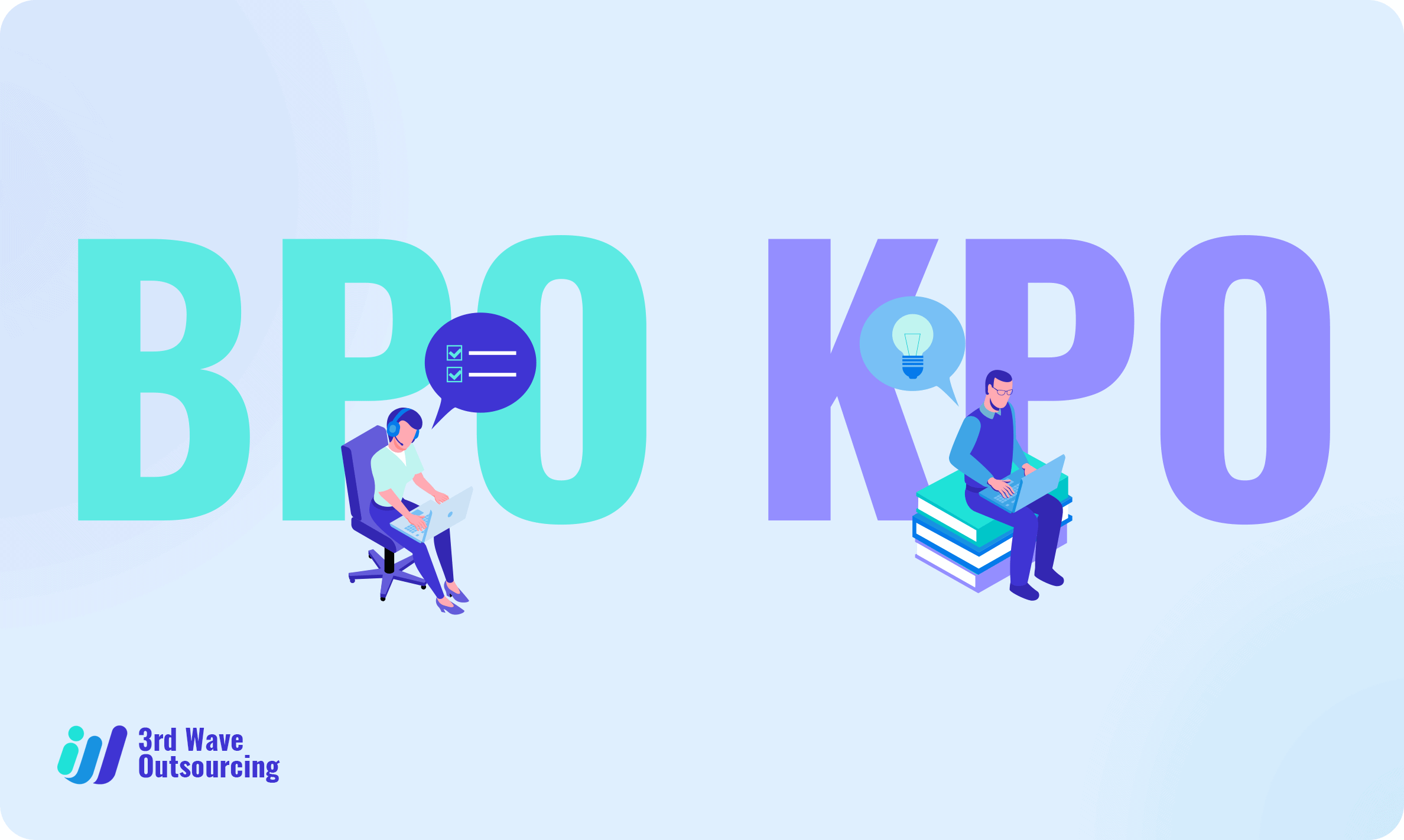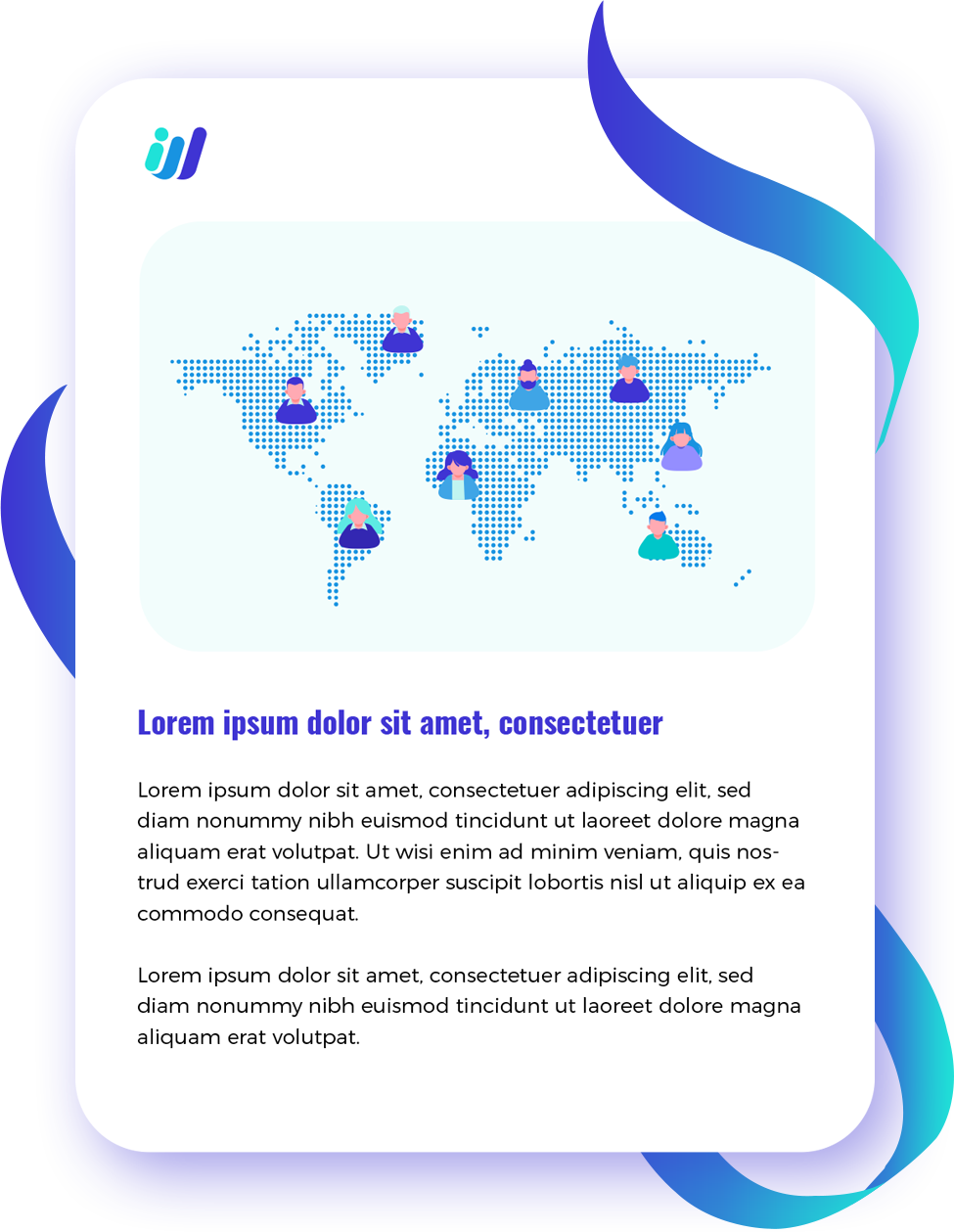Business Process Outsourcing (BPO) is the practice of contracting an external service provider to carry out an essential business task. This can be done for any supplementary business function such as accounting, customer support, telemarketing, data recording, and many more. BPO helps businesses stay focused on their core competency. This results in increased productivity and reduced costs.
The global BPO sector is worth over $300 billion. BPO vendors employ over 1 million people in the Philippines. In 2015, BPOs contributed $22 billion in revenue to the Philippines, making up 7.3% of the national economy. This rapidly growing industry shows no signs of slowing down. The BPO industry has skyrocketed along with the rise of social media use and migration to cloud storage. Before 2000, BPO was primarily composed of call centers. Now, with the growing dependence of businesses on cloud technologies, there is a demand for more professional and technical services.
Why do organizations use Business Process Outsourcing?
For a company to function, there are core and non-core business processes. Core business processes are directly related with the company’s value proposition. Non-core processes are the supporting tasks that help the organization function.
Outsourcing these non-core functions allows the company to focus on its core business practices. This results in better risk management, improved performance, and faster growth. Outsourcing also reduces the costs that would have been allocated to additional in-house labor, onboarding, and training.
Business process outsourcing also has benefits for the customers. Engaging a BPO provider increases the company’s ability to provide prompt, quality service to its customers. This in turn leads to improved customer satisfaction.
How do organizations use Business Process Outsourcing?
To get the most from outsourcing, the company first needs to identify the necessary processes that are outside its core competencies. Any process performed similarly across different companies is a good candidate for BPO.
BPO services can be broadly classified into two types: front office and back office. Front office services cover everything involving customer relation services, marketing, and sales. Commonly outsourced back-office functions include purchasing, payroll, information technology (IT), accounting, quality assurance, human resources (HR), and payment processing.
Next, companies need to find the right partner. BPO vendors can combine all these services to work together. It’s common for a company to outsource an entire department such as HR to a single partner. This makes it easier to work and communicate.
Outsourcing is about building and maintaining a relationship more than just service-level agreements. It is a partnership, not a purchasing project. Securing and maintaining a working relationship is essential for outsourcing efforts.
Some of the industries that utilize business process outsourcing include healthcare, pharmaceuticals, retail, telecom, utilities, asset management, banking, supply chain, and capacity solutions. As more companies recognize the benefits of business process outsourcing, new subsets have emerged.
What is Knowledge Process Outsourcing?
Knowledge process outsourcing (KPO) is an iteration of BPO involving the process of outsourcing relatively high-level tasks to another organization. Knowledge process outsourcing jobs are integrated with a company’s core competencies. The jobs are specialized and knowledge-based. They involve complex tasks that may require a degree or certification.
Outsourcing in this case may or may not have cost benefits to the company. Instead, the focus is to add value to the business. Some examples of KPO services include accounting, capital and insurance market services, web design, content creation, and many more. Subsets of knowledge process outsourcing include legal process outsourcing (LPO) and research process outsourcing (RPO). These support tech, business, investment, biotech, and marketing firms.
Companies now have access to global talent. In the third wave outsourcing, the focus is shifting from simply cost-cutting to finding the best, highly skilled technical talent anywhere in the world.
The Third Wave Outsourcing e-book dives deeper into this topic and provides a clear picture of where outsourcing is heading, how to navigate through it and benefit from strategic outsourcing. It will also provide you with practical tips on how your business can find the best talent, a trusted outsourcing partner, and cultivate a global, winning team.
Are you ready for the Third Wave? Don’t get left behind. ORDER THE E-BOOK NOW.



